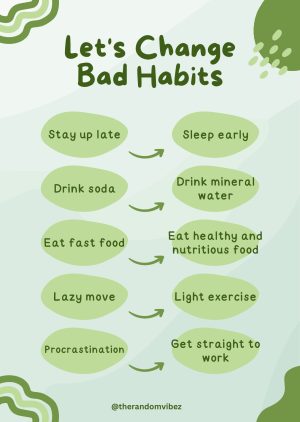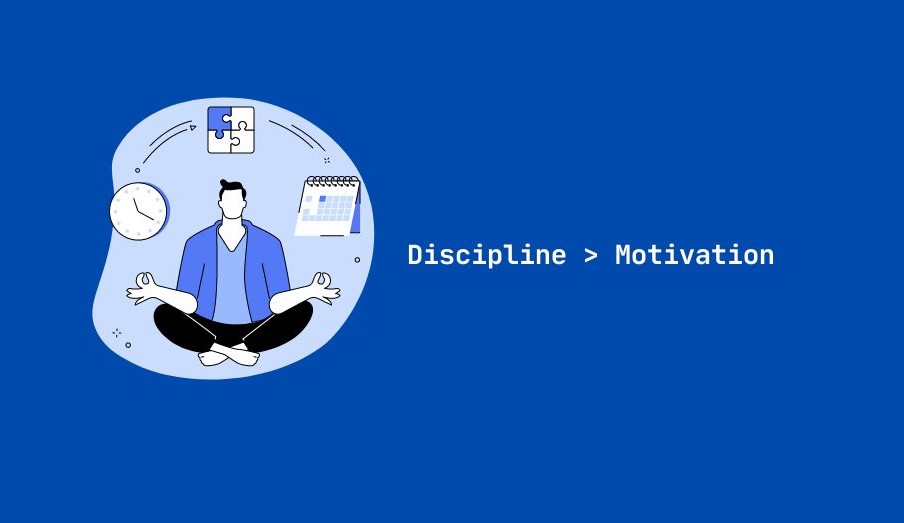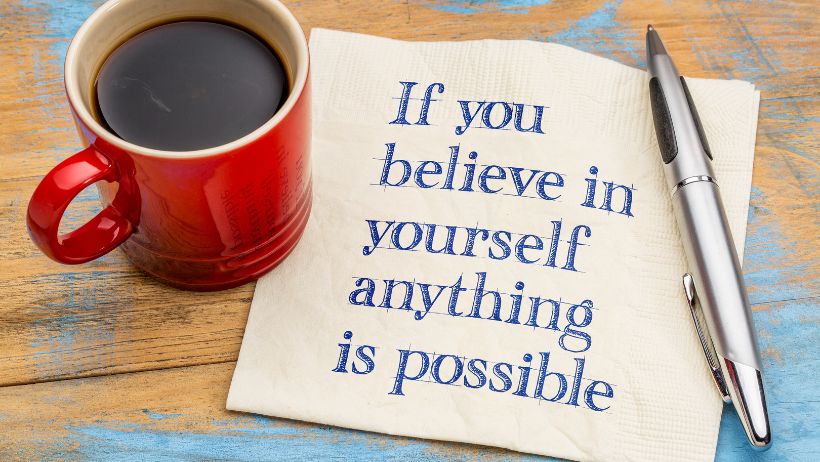Old habits can be hard to break, and new habits hard to make. As we know bad habits are actions or behaviors that are not good for us. They can have a negative impact on our health, relationships, and overall well-being. These habits often develop over time and may become difficult to break, but it’s important to recognize and address them for a better and healthier life. Let’s dive into this guide on how to break bad habits and change for the better.
Bad habits can range from simple things like biting nails or procrastinating to more serious issues like smoking or excessive drinking. What makes them “bad” is that they can interfere with our goals, happiness, and daily functioning.
Bad habits and routines can become a comfort zone that feels challenging to leave. Stepping out of this zone might be uncomfortable at first, but it’s often the key to breaking those habits and embracing positive change.
Remember that breaking bad habits is a gradual process, and setbacks are a normal part of the journey. Be patient with yourself, stay committed to your goals, and celebrate the positive changes you make along the way.
“We first make our habits, and then our habits make us.” – John Dryden
For a long time, I had a bit of a problem with sleeping at odd hours. I used to work late into the night, and it messed up my whole routine. I wasn’t eating well, and my days felt kind of off. Somehow, staying up late became my normal thing for many years. I got used to it, and it felt comfortable.
Then, one day, something different happened. I woke up early in the morning, and instead of my usual routine, I went for a walk and did some yoga. Surprisingly, my day turned out to be super productive and full of energy. By 9 pm, I was feeling quite sleepy and decided to call it a night.
The next morning, I thought about how good I felt after a proper night’s sleep. It was much more refreshing than sleeping in the morning. That got me thinking, and I made a decision that ended up changing my life – I wanted to become a morning person.
Now, I prioritize getting a good night’s sleep, and it’s made a huge difference. I feel more energetic during the day, and everything just seems to fall into place.
It turns out that making that small change in my sleeping pattern had a big impact on my life. I gradually shifted my daily routine and resorted to morning walks, yoga and healthy eating habits. Now it’s been more than 4 years and I enjoy being more productive as a morning person.
So, I feel that to break a bad habit – the first step is “to decide” that “Yes, I have to break this habit”. One resolve – determination and willpower is always the first step to breaking negative patterns and bad habits.
Reading books like Atomic Habits by James Clear, and The Power of Habit by Charles Duhigg are two books that greatly inspired me and helped me accomplish more and replace bad habits with good ones.

10 Tips to Break Bad Habits
Breaking the chain of bad habits can be challenging, but with determination and a strategic approach, you can make positive changes in your behavior. Here are 10 tips to help you break bad habits:
1. Identify the Habit
To start with, you need to clearly understand and define the habit you want to break. You need to recognize the pattern/bad habit that affects your health, work, relationship or overall well-being.
It might be something like procrastination, smoking, unhealthy eating habits or anything that doesn’t serve you well. So be specific about the behaviour you want to change.
2. Understand the Triggers
Recognize the situations, emotions, or stressors that trigger the bad habit. Understanding the triggers helps you find alternative responses.
Understanding the triggers of a bad habit involves pinpointing the specific situations, emotions, or stressors that prompt the habit.
For instance, if stress triggers overeating, identifying stress as the trigger helps in finding alternative responses, such as deep breathing or mindfulness, to break the habit cycle.
3. Set Clear Goals
Establish specific, measurable, achievable, relevant, and time-bound (SMART) goals. Define what success looks like and break it down into smaller, manageable steps.
Even though I think you can achieve any goal with determination, it’s okay to start small if big goals seem intimidating. Just focus on making small positive changes consistently. This way, it’s less overwhelming and more likely to lead to success over time.
Overcoming a bad habit like smoking, drinking too much alcohol, internet addiction or others can be harder to break but once you see how negatively these habits affect the quality of your life then it should be easier to shift to better habits.
4. Replace With Positive Habits
Shift your focus from solely stopping a bad habit to substituting it with a positive one. This approach not only helps eliminate the old habit but also fills the void, creating a healthier and more constructive routine.
For instance, instead of trying to quit mindless snacking, I replaced it with a positive habit like having a piece of fruit between meals. This not only addressed unhealthy snacking but also introduced a healthier eating pattern in my daily routine.
5. Stay Motivated
Now this is the most important factor for me in any aspect of life. To keep the momentum and determination going you need motivation. You can create a support system by sharing your goals with friends, family, or a support group.
For example: If your goal is to quit smoking, share this with your close friends. Let them know why you want to quit and how they can support you.
When you’re facing cravings, having friends who understand your goal can provide encouragement and distraction, making it easier for you to stay smoke-free.
Having a support system can provide encouragement, accountability, and motivation.
6. Design Your Environment
Modify your surroundings to make the bad habit less accessible and the desired behavior more convenient. Sometimes, a simple change in your environment can make a significant impact.
For example; If you are trying to break the habit of excessive social media use, then try moving your social media apps to a less accessible screen on your phone, placing productivity apps on your home screen.
This small change makes it easier to engage in productive tasks while making the habit of mindless scrolling less convenient. You have to make sure to keep distractions less accessible in your environment.
You can also try putting your goals or new habits as reminders on your wallpapers, and posters in your room as small reminders to stick to your new habits. Motivational quotes and one-liners can help you stay motivated and on track.
7. Celebrate Small Wins Daily
Shifting from bad habits to good habits is a journey that you have to cover yourself. And you need to love yourself throughout the journey even if it gets difficult at times.
So try and acknowledge your efforts and celebrate even the smallest victories each day. This positive reinforcement can build momentum and boost your confidence.
8. Visualize Your Improved Self
When you’re trying to stop a bad habit, it’s normal to worry about how you’ll manage without it. For example, if you’re quitting smoking, it can be overwhelming to think about life without it.
But instead, try focusing on the positive side. Imagine how much better your health and life will be without the harm to your lungs. Picture the good things that will come when you fully break this habit. This positive thinking can encourage you and keep you motivated.
9. Seek Support
Getting over a bad habit or addiction can be a tough task. It depends on the intensity of your habit. But sometimes we find it difficult to overcome it just by ourselves.
Friends, family, or even professionals can provide valuable assistance and make a significant difference in your journey to change.
10. Positive Mindset
Always remember, that our habits are shaped by the choices we make, and the power to make positive decisions lies in our hands. Cultivating an optimistic mindset is a key factor in consistently making better and healthier choices in our habits and behaviors throughout life.
For instance, choosing to prioritize a morning walk over hitting the snooze button can set the tone for a healthier lifestyle.
When it comes to habits, giving in to temptations or opting for the easy way can become ingrained patterns. Breaking these habits involves recognizing the allure of quick choices and consciously choosing the path that aligns with your long-term goals.
Consider the daily choices you make as building blocks for the habits you want to cultivate. While the easy way might offer immediate satisfaction, making intentional and sometimes effortful choices contributes to the positive habits that shape a healthier and more rewarding lifestyle over time.

Conclusion
In conclusion, breaking bad habits is a journey that involves self-awareness, deliberate choices, and consistent effort. By setting clear goals, replacing negative behaviors with positive ones, seeking support, and maintaining an optimistic mindset, you empower yourself to create lasting change.
Remember that small, consistent steps lead to significant transformations. The power to break free from habits lies within your hands, and with determination and support, you can shape a healthier and more positive lifestyle.
If you’re having trouble staying focused in life, try these helpful tips to improve focus, and concentration and boost productivity.
Wishing you the best of luck as you begin your journey to break and build habits.
May every decision in favor of positive change be met with determination and resilience. You’ve got this! Good luck!





